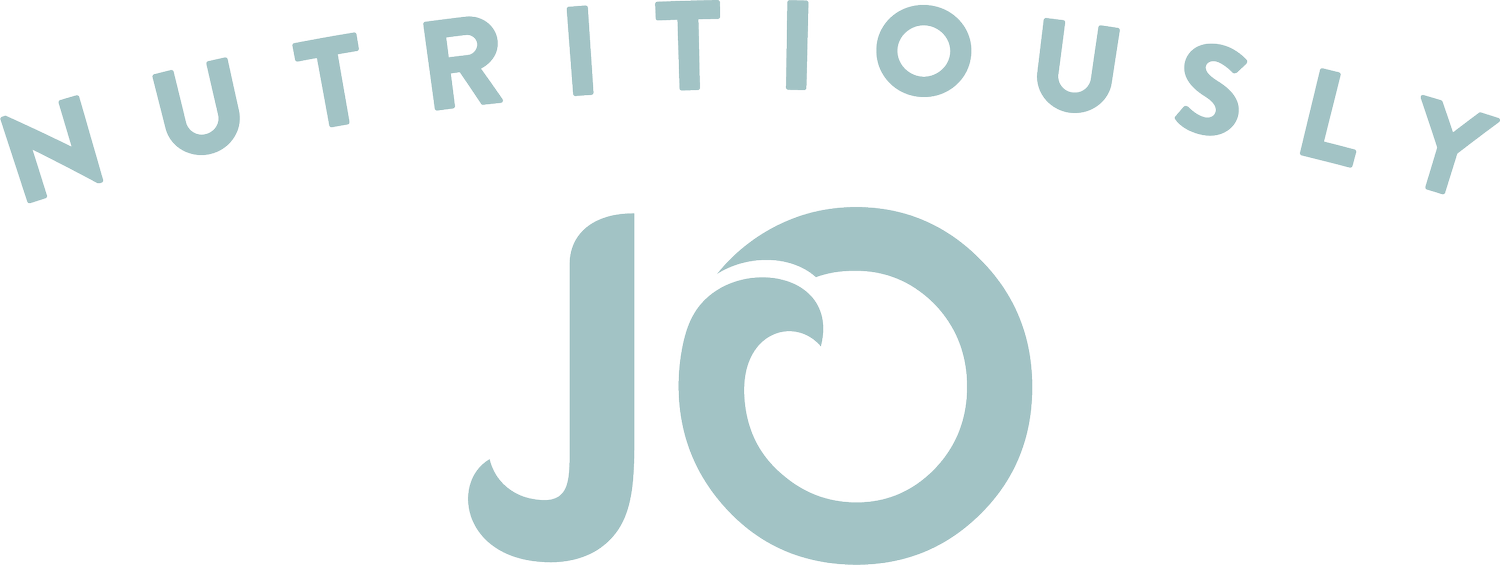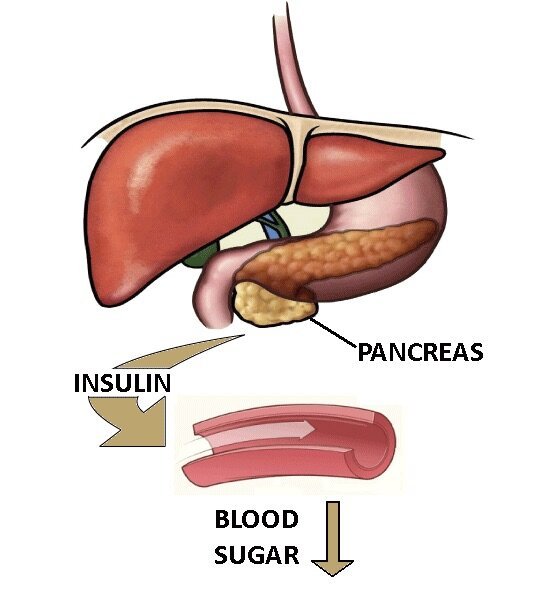Insulin Resistance
INSULIN RESISTANCE
Insulin is a major hormone crucial for life that we cannot live without and is required for our body’s energy production and balance for optimal wellbeing. People often confuse the primary role of insulin. It is true that it’s made by the pancreas allowing the body to use glucose from the carbohydrates found in food and used for energy needed or stored when its needed again. Storage of energy is the primary function. Insulin works as a balancer to keep blood glucose in a normal range. As blood sugar levels rise, the pancreas secretes more insulin. Having too much blood sugar in the body is a sign that the body has excess energy, which is not good because it is then stored as fat. Insulin resistance occurs when the body does not respond to insulin. The cells become resistant, meaning that a person’s body may not be producing enough insulin. It can also mean that it can’t absorb glucose so it builds up in the blood instead, causing high blood sugar levels. If left untreated, it can lead to type pre-diabetes, two diabetes, heart disease, and metabolic syndrome.
DIETARY AND LIFESTYLE FACTORS THAT CAN CONTRIBUTE TO INSULIN RESISTANCE INCLUDE:
“The most important environmental cause of insulin resistance is central obesity, but a list would also include sedentary lifestyle and high fat intake.” (Roberts, Hevener, & Barnard, 2014.)
obesity or being overweight and having an apple body shape- visceral fat stored around the midline
sedentary lifestyle
poor diet of refined starches and sugars, artificial sweeteners, high fats,
over nutrition, meaning having too many calories related to poor diet.
medication/birth control
age and family history of diabetes
chemical exposure that mimic estrogen
lack of sleep-6 hours or less
sleep apnea
inflammation
Nutrient Deficiencies: vitamins and minerals such as zinc, magnesium, Vitamin B, D3, K1/2
HEALTH CONDITIONS THAT CAN LEAD TO INSULIN RESISTANCE:
Physiological Consequences (Bauman, 2016)
Chronic Stress, which can inhibit insulin release
Gut dysbiosis
Glucose intolerance
Obesity
Hypothyroidism, which leads to Hashimoto
loss of lean muscle mass
-bone loss
hormonal imbalance (fluctuations in testosterone and estrogen levels, PCOS)
high triglycerides
elevated blood pressure
leptin resistance
Sluggish bile flow
metabolic syndrome
Organs at risk:
Insulin resistance arises from impaired insulin action in metabolically active organs and tissues like the liver, skeletal muscle, pancreas, and adipose tissue. (Bauman, 2016).
NUTRITION AND LIFESTYLE STRATEGIES TO IMPROVE INSULIN SENSITIVITY
Foods that help balance blood sugar- cinnamon, turmeric, green tea, apple cider vinegar, pasture raised eggs, lemon, healthy fats like avocadoes, olive oil, and coconut.
Supplements such as zinc, magnesium (which can also be obtained through food sources such as spinach, tofu, almond, avocado, dark chocolate)
Avoid refined carbs, sugars, omega 6 and processed foods
A building diet that is nutrient dense, whole foods, rich in Omega 3. Including three meals and 2 healthy snack options. Drinking lots of water and herbal teas to help flush toxins out of the body and provide adequate hydration.
Booster foods such as ferments (sauerkraut, kimchi, coconut yogurt, kefir, kombucha), spirulina (aid in gentle detoxification), nuts and seeds which provide healthy fats
Exercise! Anything that gets your body moving. Start gentle and slow like walking and yoga and work your way up to swimming, strength training, HIIT to help burn fat, group fitness, running, cycling, hiking etc..
Sleep- minimum of 8 hours and establishing a sleep routine (bed at 10pm, lights out)
References:
Bauman E. and Friedlander J (2016). Therapeutic Nutrition Part one: Insulin Resistance and Metabolic Syndrome
Roberts, C., Hevener, A. & Barnard, J. 2014. Metabolic Syndrome and Insulin Resistance: Underlying CXauses and Modification by Exercise Training. Retrieved from
https://www.ncbi.nlm.nih.gov/pmc/articles/PMC4129661/
The top 12 foods to balance blood sugar levels. Retrieved by
https://drjockers.com/top-12-foods-balance-blood-sugar-levels/



